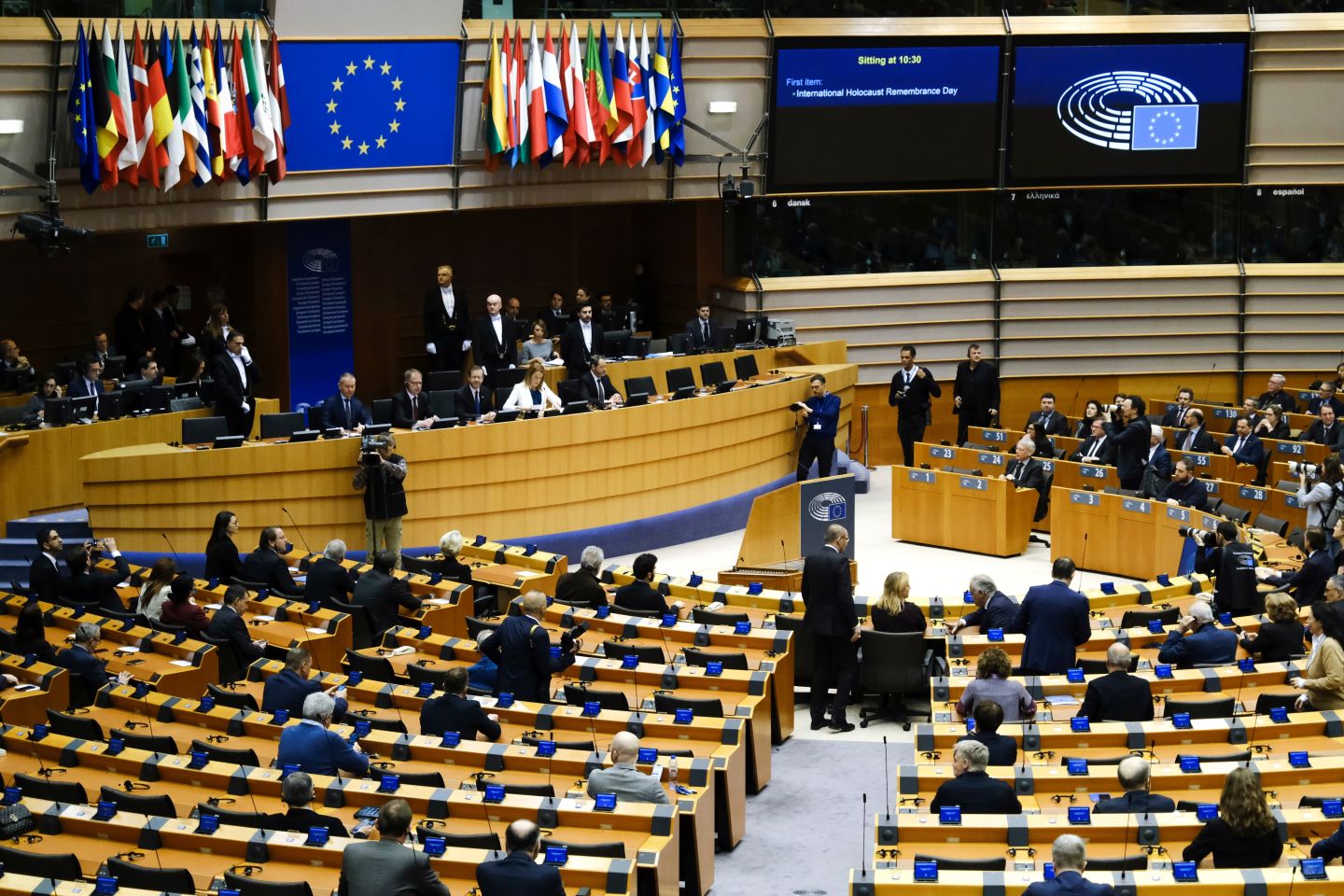
Generative AI is disrupting EU regulatory meetings over AI safety, according to six anonymous sources who revealed the news to Reuters this week (1 December).
According to the report, EU regulators cannot agree on how to properly regulate generative AI (GenAI).
The technology was described by the sources as the main threat to the EU’s AI Safety Act.
First proposed in 2021, the AI Safety Act is the first of its kind regulatory framework for AI which regulates depending on the risk level that an AI tool poses. Because of this risk-based approach, different models of AI will be regulated independently of each other on a case-by-case basis.
As it currently stands, the European Parliament states that GenAI would need to abide by three rules in order to be legal.
These are:
How well do you really know your competitors?
Access the most comprehensive Company Profiles on the market, powered by GlobalData. Save hours of research. Gain competitive edge.

Thank you!
Your download email will arrive shortly
Not ready to buy yet? Download a free sample
We are confident about the unique quality of our Company Profiles. However, we want you to make the most beneficial decision for your business, so we offer a free sample that you can download by submitting the below form
By GlobalData- Proper disclosure of the training data used for the model.
- Summaries of all copyrighted works used for training the AI model.
- Designing the AI model to protect against offensive or immoral generated output.
EU regulators are scheduled to meet on 6 December to discuss the regulation of GenAI.
Although the AI Safety Act gained approval this June by the European Parliament, its draft rules are still under discussion between the European Parliament and the European Commission.
A study by Stanford University examined whether any mainstream GenAI tools, such as ChatGPT or Meta’s Llama, followed the EU’s rules on GenAI. The study concluded that not a single GenAI tool included did.
Disclosure of training data, especially copyrighted material, was the worst performing factor for all of these tools.
In its 2023 thematic intelligence report into tech regulation, research company GlobalData predict that the EU’s AI Safety Act could not become binding until late 2023 or 2024.
Even after it becomes binding, there will be a grace period approximately 24 months long.
Regulating AI must be a priority to protect against misinformation, algorithmic bias, data privacy and cybersecurity. In its report, GlobalData found that very few regulatory bodies had taken firm steps to regulate AI, leaving Big Tech to largely self-regulate the technology.
The European Parliament has elections scheduled for the 6-9 June 2024. The sources speaking to Reuters on this story reported that if regulatory discussions continue to face little movement on generative AI, the entire Act is at risk of being shelved during these elections due to time restraints.







